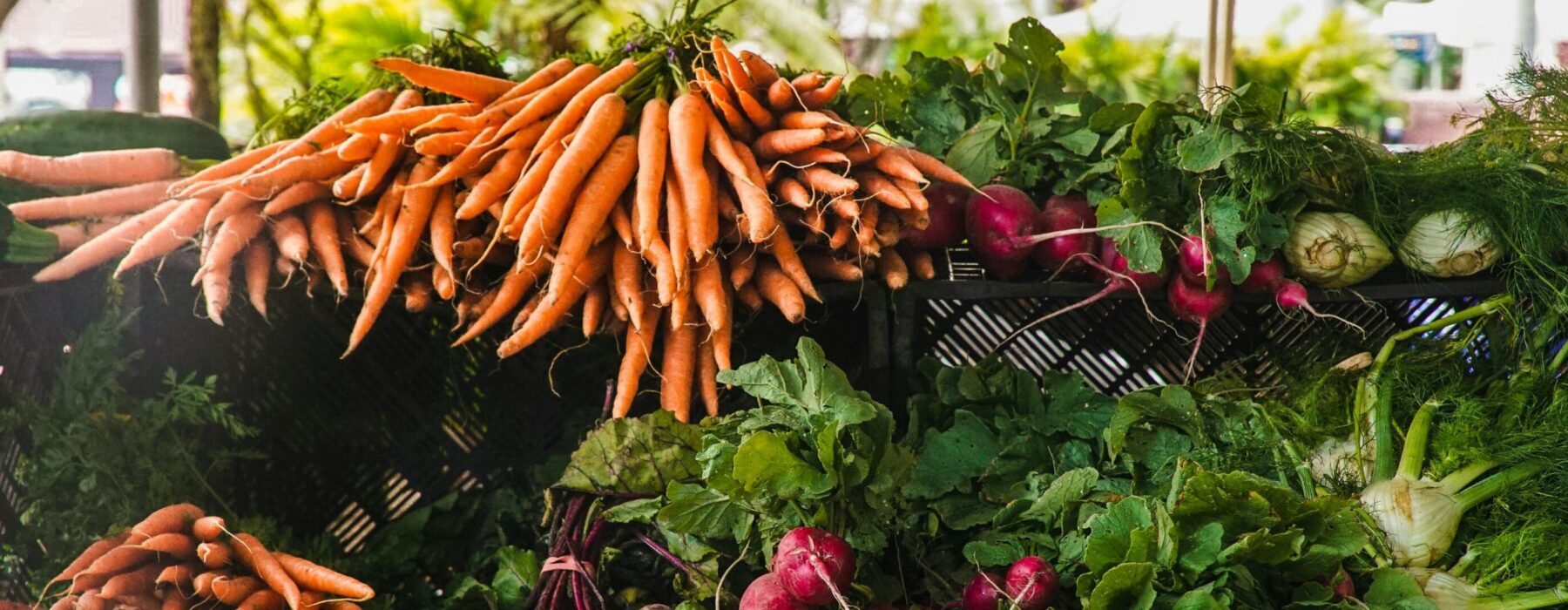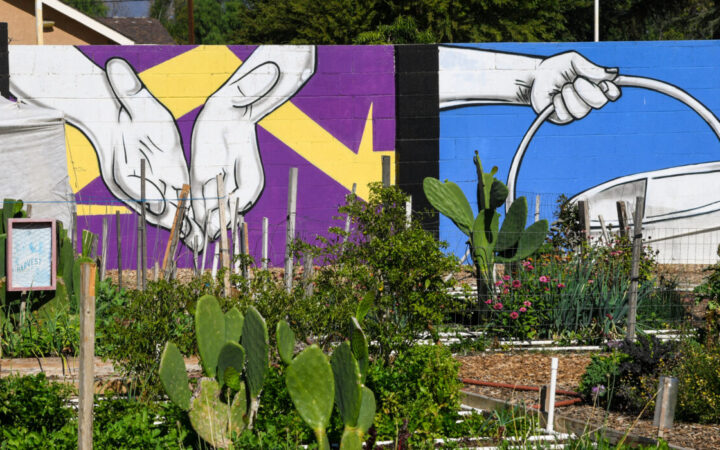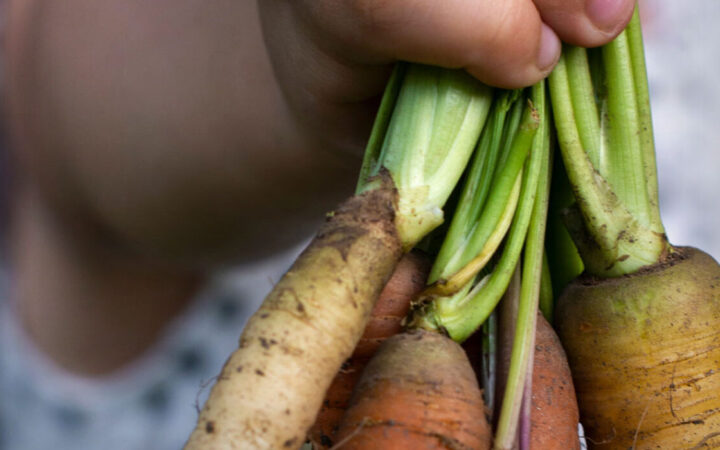This case study examines how the city of San Francisco established the Food Security Task Force to collect data and implement improvements to achieve better food security for its residents, and how they passed a Resolution committing to a food secure and hunger free San Francisco.
Introduction
San Francisco, California, is a densely populated, high-income city. It has a high cost of living with rates of people experiencing homelessness (many of whom face related food insecurity) among the highest in the nation. San Franciscans come from diverse racial and ethnic backgrounds, and the city has a large immigrant population (34.9% of residents are foreign-born).
The Problem: Food insecurity among city residents.
San Francisco defines food security as a state in which “all people at all times are able to obtain and consume enough nutritious food to support an active, healthy life.” For San Francisco, there are three elements of food security (adapted from the World Health Organization).
- Food Resources: “the ability to secure sufficient financial resources to purchase enough nutritious food to support a healthy diet on a consistent basis.” Because of San Francisco’s high cost of living, some residents who would be food secure in many parts of the country lack adequate food resources in San Francisco.
- Food Access: “the ability to obtain affordable, nutritious, and culturally appropriate foods safely and conveniently.” The people with the least access to food include home-bound seniors and adults with disabilities, who sometimes rely on home-delivered meals or groceries for food access. As San Francisco’s senior population grows, there will likely be increased demand for food access programs like these.
- Food Consumption: “the ability to prepare healthy meals and the knowledge of basic nutrition, safety, and cooking.” Adequate housing is an important component of food consumption. In San Francisco, thousands of housing units lack complete kitchens, which can be a significant barrier to their residents achieving food security.
Although San Francisco has traditionally had many public and community-based organizations working to alleviate hunger and promote good nutrition, the city realized that a coordinated, policy-focused effort was needed to address food security for all San Franciscans.
In 2005 the San Francisco Board of Supervisors, the legislative branch of city/county government in San Francisco, established a Food Security Task Force (FSTF) as an advisory body to the Board. Since that time, the Task Force has been working to understand the magnitude of the problem of food security in San Francisco, as well as the full cadre of government, private, and non-profit resources addressing food security in the city. Members of the Task Force include representatives from fifteen public and community-based organizations in San Francisco including the San Francisco Department of Public Health, the Department of Aging and Adult Services, Meals on Wheels San Francisco, the San Francisco Unified School District, CalFresh, and several others.
Acknowledgements
The HFPP also thanks its Advisory Committee members for their guidance and feedback throughout the project. Advisory Committee members are: Dr. David Procter with the Rural Grocery Initiative at Kansas State University, Dr. Samina Raja with Growing Food Connections at the University of Buffalo, and Kathryn Lynch Underwood with the Detroit City Planning Commission. Previous advisory committee members include Pakou Hang with the Hmong American Farmers Association and Emily Broad Leib with the Harvard Food Law and Policy Clinic. Renee Gross, JD, served as a project consultant from 2015-2018.
Suggested Citation
Resolution for a Food Secure San Francisco: Using Data and Citywide Coordination to Improve Food Security and Health Outcomes for the City’s Most Vulnerable Residents, Healthy Food Pol’y Project, https://healthyfoodpolicyproject.org/wp-content/uploads/san-francisco-ca_2020.pdf (last visited May 29, 2024).



